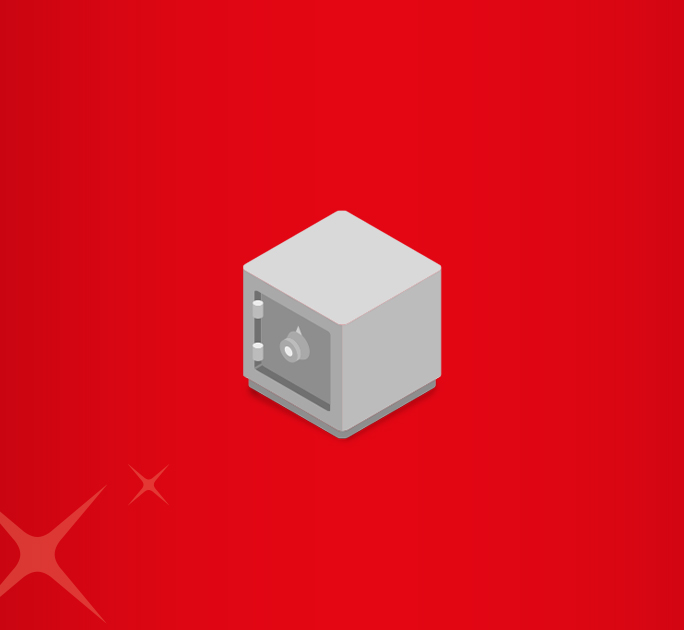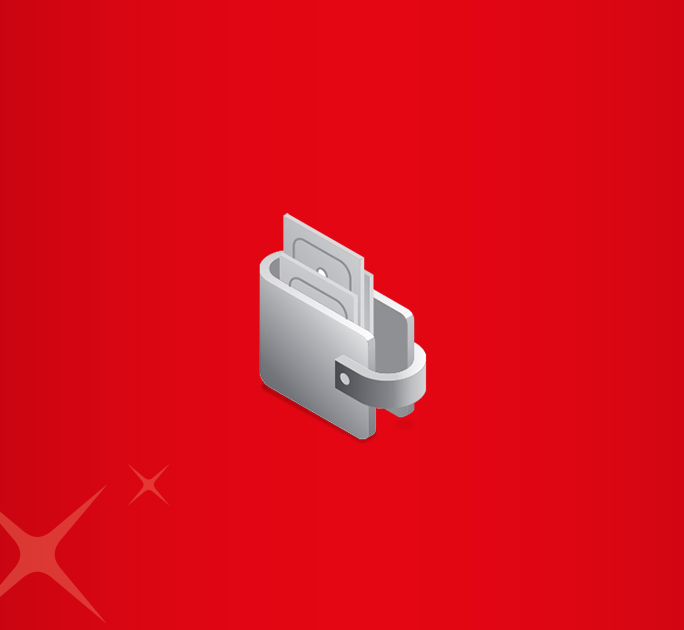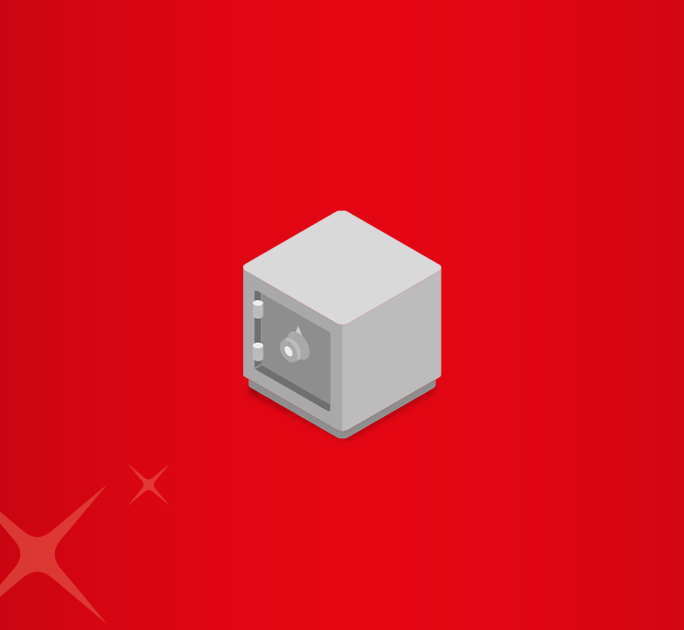- Save
- Invest
- Borrow
- Pay
- More
- NRI Banking

What is a Fixed Deposit?
Fixed deposits are safe investments that allow you to earn regular interest income. Learn all about FDs in this article.
Key Takeaways
- A Fixed Deposit is a safe investment through which you can earn interest income.
- Fixed Deposits promise guaranteed returns and involve no risk of loss of principal amount.
- Returns on Fixed Deposits are unaffected by market fluctuations.
- All interest gains from Fixed Deposits are taxable by law.
- You can avail of top-up loans against your Fixed Deposit.
The scope of investment has expanded tremendously in recent times. Banks today offer multi-investment plans for you to choose from; one of them is Fixed Deposits. Fixed Deposits are the most secure method of investment. You earn guaranteed returns that are unaffected by market fluctuations. Find out what is a fixed deposit, its feature, and the benefits of investing in them, in this article.
What is a Fixed Deposit?
As the name suggests, Fixed Deposit is an investment plan wherein you can deposit your lump sum money for a fixed period and earn interest.
The rate of interest associated with the Fixed Deposit depends on the principal amount invested and investment tenure. So, on maturity, you will receive both the principal amount plus compound interest. However, this is true only if you opt for a cumulative Fixed Deposit. You also have the option of choosing non-cumulative FDs in which you earn interest income on a monthly or quarterly basis.
Investors typically prefer to invest in Fixed deposits because it is safe and straightforward. Once you deposit your lump sum money, you keep earning a fixed interest amount. Returns on Fixed Deposits are unaffected by changes in the interest rate or market fluctuations. You get guaranteed returns on your deposit and there is no apparent risk of losing your principal amount. You can choose to receive the interest earned either periodically or on maturity. However, you cannot withdraw your deposit before maturity, unless you do not mind paying the premature withdrawal penalty.
Features of Fixed Deposit
Now that you know what FD is, let us look at its features:
-
Secure Investment
Most market-led investments are subjected to changes over time. Conversely, Fixed Deposits are more secure and reliable. This is because the returns generated by FDs are fixed. They are not affected by market volatility and remain static, at least for the investment tenure.
-
Rate of Interest
The rate of interest offered better depends upon your principal amount and chosen tenure. Typically, the interest rates are higher for long-term FDs and lower for short-term FDs.
-
Flexible Tenure and Renewal
FDs can be held for tenures lasting for a week to 10 years. You can choose your preferred term at the time of opening the FD. You can just as conveniently renew the FD on maturity, but remember to check the interest rates, as they may be different.
-
Tax Deduction
The interest earned on the principal amount is subjected to a tax deduction under the Income Tax Act,1961. You can calculate FD interest income in the 'other income sources' category while filing your returns.
Download DBS Bank app to open your savings account and begin your journey to making successful investments.
Benefits of Fixed Deposit
Besides knowing what the meaning of fixed deposits is, it is essential to understand their benefits.
- Fixed Deposits are safe instruments that offer fixed returns
- There is no risk in the principal amount invested.
- You can opt to receive the interest earned either periodically, i.e., monthly or quarterly or go with the cumulative method and receive a lump sum amount on maturity.
- Returns on Fixed Deposits are safe from market fluctuation.
- Most banks offer senior citizens a 0.5% higher interest rate on Fixed Deposits.
- You can also have the option to apply for a top-up loan against your Fixed Deposit in case you need funds.
Taxability on Fixed Deposit
All interest earnings from Fixed Deposit are taxable under the Indian Income Act, 1961. The tax deducted from FD interest earnings may range from 0% to 30 %, depending upon the income bracket of the investor.
Most financial institutions deduct 10% TDS if FD interest earnings are more than INR 10,000 in a year. This TDS rate is applicable only if you provide your PAN card details to the bank you open your FD. If you fail to do so, the bank is authorised to levy a 20% TDS rate, as per the government mandate.
If your total income is below the minimum tax slab of 10%, you can claim tax exemption on your TDS deduction. But, if your total income falls under higher tax slabs of 20 % or 30 %, you will have to pay extra tax along with the standard TDS rate.
You can avoid the tax deduction in two circumstances:
- By submitting form 15G if you are under 60 years of age.
- By submitting form 15G if you are over 60 years of age (senior citizen).
Conclusion
A Fixed Deposit is an excellent investment option if you are looking for guaranteed returns and do not wish to put your money at risk. Moreover, you can use your FD as collateral if you need a loan from your bank. Now that you have a clear idea of a fixed deposit and how it works, apply for one.
If you prefer to save time and effort and open an FD account remotely, download DBS Bank app right away!
*Disclaimer: This article is for information purposes only. We recommend you get in touch with your income tax advisor or CA for expert advice.













